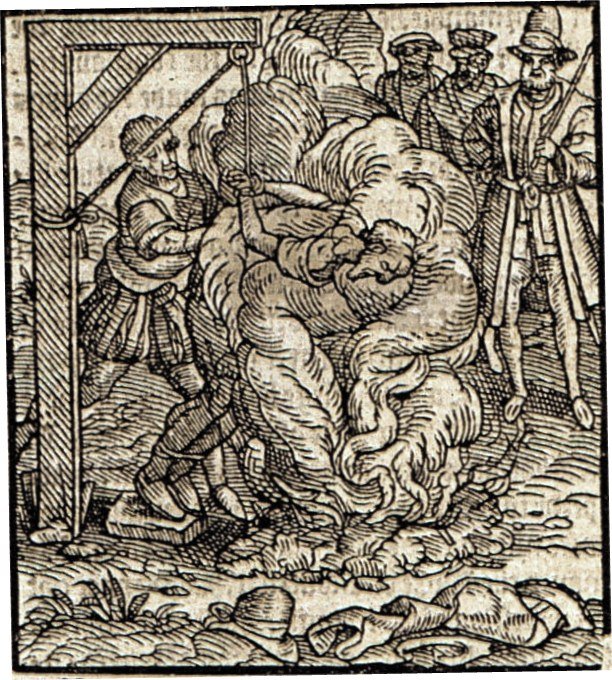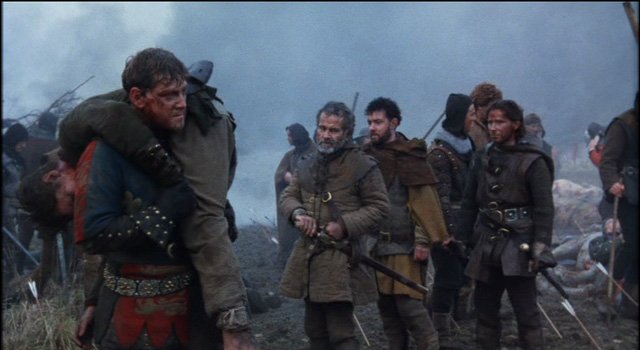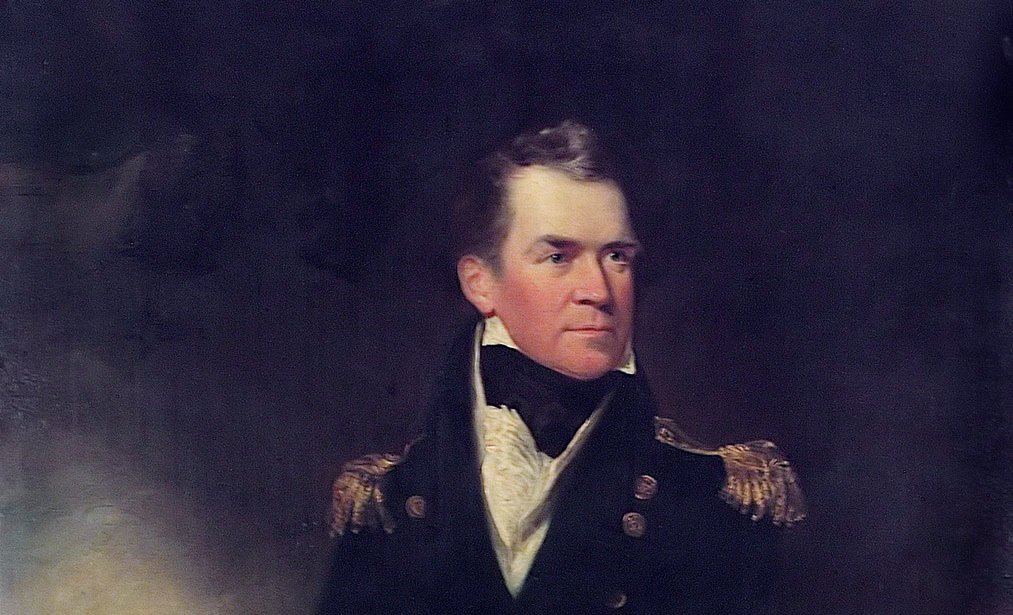Introduction The Battle of Manzikert, fought on August 26, 1071, was a confrontation between the Byzantine Empire and the Seljuk Turks that unequivocally altered the course of medieval history. This engagement took place in the region of Manzikert, near modern-day Malazgirt in Turkey, and its repercussions were felt across the Christian and Muslim worlds. Both …
More-
The Battle of Manzikert: Background, Opposing Forces, Battle, and Aftermath
-
The Battle of Crécy in 1346: A Turning Point in Medieval Warfare
Background The Battle of Crécy, fought on August 26, 1346, was a seminal event in the opening phase of the Hundred Years’ War between England and France, a protracted conflict that spanned from 1337 to 1453. Central to this extensive warfare were the long-standing territorial disputes and competing claims to the French throne. These geopolitical …
More -
The Life of Byzantine Emperor Constantine V
Early Life and Ascension to the Throne Constantine V, born in 718 AD, was the son of Emperor Leo III and heir to the Byzantine Empire. From a young age, Constantine was immersed in the political and cultural environment of the empire, receiving a robust education that prepared him for the complexities of leadership. His …
More -
The Lollards: Beliefs, Key Events, and the Demise of the Movement
Who Were the Lollards? The Lollards were a pivotal pre-Reformation Christian religious movement that surfaced in the late 14th century in England. Originating from the teachings of John Wycliffe, a pioneering theologian and reformer, the Lollards stood at the forefront of early calls for ecclesiastical reform. Wycliffe’s critical view of Church doctrines and practices, particularly …
More -
Christopher Marlowe: His Life and Legacy
Early Life and Education Christopher Marlowe, a luminary of the English Renaissance, was born in Canterbury, England, in 1564. Growing up in a bustling city known for its vibrant mix of commerce and culture, Marlowe’s formative years were deeply influenced by his surroundings. His father, John Marlowe, was a cobbler of modest means, while his …
More -
Who Were the Forest Brothers: A Journey Through Their History and Operations
Introduction to the Forest Brothers The Forest Brothers were a group of nationalist guerrilla fighters who emerged from the Baltic states—Estonia, Latvia, and Lithuania—during and immediately after World War II. The movement was predominantly driven by a potent mixture of patriotism and opposition to Soviet occupation. The geopolitical backdrop of their emergence includes the tumultuous …
More -
The Gulf of Tonkin Incident: Background, Key Players, and Consequences
Introduction to the Gulf of Tonkin Incident The Gulf of Tonkin Incident is a pivotal moment in the history of American and Vietnamese relations. Occurring on August 2 and 4, 1964, this event marked a significant escalation in the United States’ involvement in the Vietnam War. The incident unfolded when the USS Maddox, a U.S. …
More -
The Southampton Plot of 1415: Background, Plotters, and the Unfolding Events
The Southampton Plot of 1415 holds a significant place in English history, marking a turbulent period at the cusp of the famed Battle of Agincourt. This conspiracy aimed to overthrow King Henry V, intending to replace him with Edmund Mortimer, 5th Earl of March, who was regarded by the plotters as the rightful heir to …
More -
The West Africa Squadron: Formation, Operations, and Lasting Impact
Introduction to the West Africa Squadron The West Africa Squadron, established in 1808 by the British Royal Navy, played a pivotal role in the suppression of the transatlantic slave trade. Formed in response to growing abolitionist pressures and humanitarian concerns, the squadron’s primary mission was to patrol the West African coast, intercepting vessels engaged in …
More








